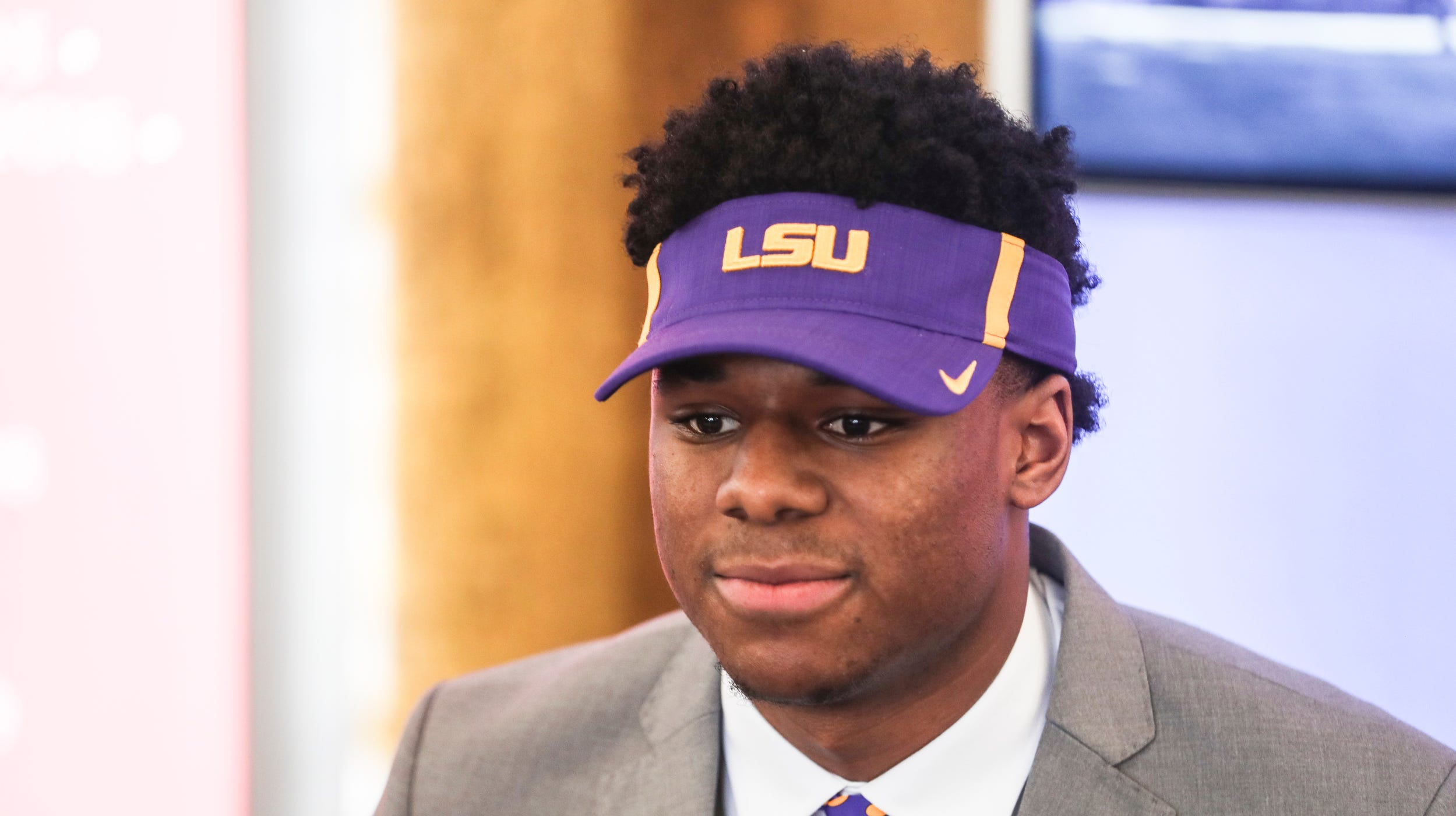Chin Diesel
Power of Love
- Joined
- Aug 24, 2011
- Messages
- 33,437
- Reaction Score
- 104,648
All kidding aside that SEC football pays better than minor league baseball, this kid and his family actually had a plan for the break even point of how much money he needed to stay financially solvent.

Mock MLB drafts projected Hampton Jr. as a late first-round pick. He and his family agreed prior to the draft on how much money it would take for him to skip college.
"My bottom line number was around $2.75 million. My thing was if he could bring in at least $1.75 million home in net income, he could secure himself for 15 years," said his father, Maurice Hampton Sr. "We had a plan for him and if we couldn’t get there then we weren’t going to budge."
The plan was for Hampton Jr. to have enough net income from the bonus to pay himself a yearly salary of $98,000 over the next decade and a half.
"We looked it up. The upper class was $78-121 (thousand) per year so we put him right in the middle around $98,000 per year. He would invest half of his money and give himself a salary that he could live on and if he made it (to the MLB) he could add on to it," said Hampton Sr. "We wanted it to be where it could be secure for him and he wasn’t going to just go. There would be a reason behind why he was going."
MLB Draft: Why Maurice Hampton chose LSU over potential $1.8 million signing bonus
Multiple teams came calling for Maurice Hampton Jr. during the first two rounds of the MLB Draft, and the highest offer the prep outfielder received was $1.8 million, his dad said.
www.usatoday.com
Mock MLB drafts projected Hampton Jr. as a late first-round pick. He and his family agreed prior to the draft on how much money it would take for him to skip college.
"My bottom line number was around $2.75 million. My thing was if he could bring in at least $1.75 million home in net income, he could secure himself for 15 years," said his father, Maurice Hampton Sr. "We had a plan for him and if we couldn’t get there then we weren’t going to budge."
The plan was for Hampton Jr. to have enough net income from the bonus to pay himself a yearly salary of $98,000 over the next decade and a half.
"We looked it up. The upper class was $78-121 (thousand) per year so we put him right in the middle around $98,000 per year. He would invest half of his money and give himself a salary that he could live on and if he made it (to the MLB) he could add on to it," said Hampton Sr. "We wanted it to be where it could be secure for him and he wasn’t going to just go. There would be a reason behind why he was going."
